Over the summer break a group of 7 students headed off for Cambodia to take part in an expedition with Camps International; a social enterprise organisation that work with schools to create ethical expeditions, helping to provide students with life-changing benefits of educational and meaningful travel. The trip was around 3 and half weeks between July and August and ranged from site-seeing and exploring the country's culture, to working on projects in local communities.
The trip began exploring Phnom Penh, where students were able to visit the S21 prison and the Killing Fields, developing their understanding of Cambodian people. They then had a 7 hour transfer to Camp Beng Mealea, a typical Cambodian village where the first project began, projects here are focused on food and water security or environmental projects such as tree planting and working in the jungle garden. Our students' project involved building a chicken coop for a local farmer and teaching local children. Following a 1 and a half hour transfer, students visited Siem Reap, a bustling town with several temples, the Angkor Wat ruins and a night market. The second Camp was at Beng Pae, where students stayed in traditional longhouses to fulfil their second project focused on addressing the basic needs of the community, providing a source of clean water to familities through construction of wells or toilets, reducing the risk of disease. At Camp Beng Pae, Notre Dame students helped to build a local school. The final project location was at Camp Staung where students worked with the local school to improve their facilities, as well as make friends and play with the school children, enabling them to learn more about the Cambodian people. Students were also able to learn new skills through completion of the PADI Open water Diver course on the island of Koh Rong Samloem. Here, there was also a sustainability focus with a beach clean-up.
Although there is truly no 'average' day, below is a typical day in camp -
- Breakfast - hearty meal cooked by locals to fuel the day ahead
- Head to project site
- Project work - working with local project leaders
- Lunch and relax
- Project work - further project work or sessions on conservation
- Dinner - perhaps trying traditional local cuisine
- Bed
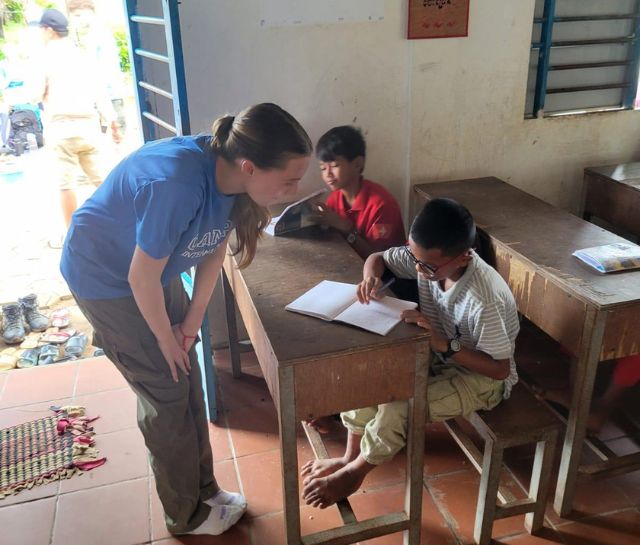 | 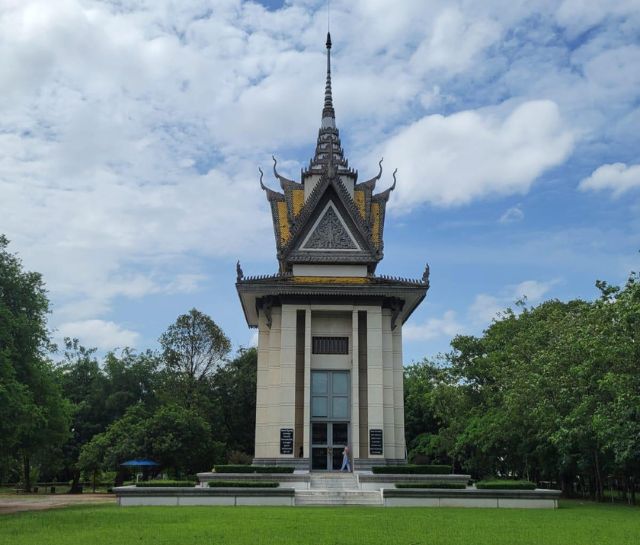 |
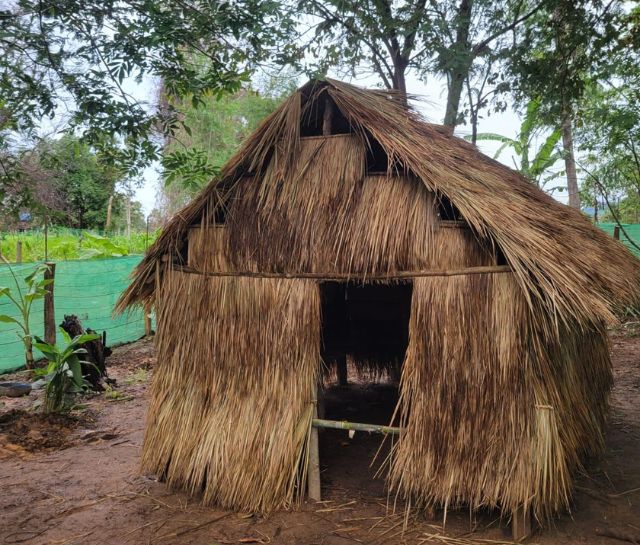 | 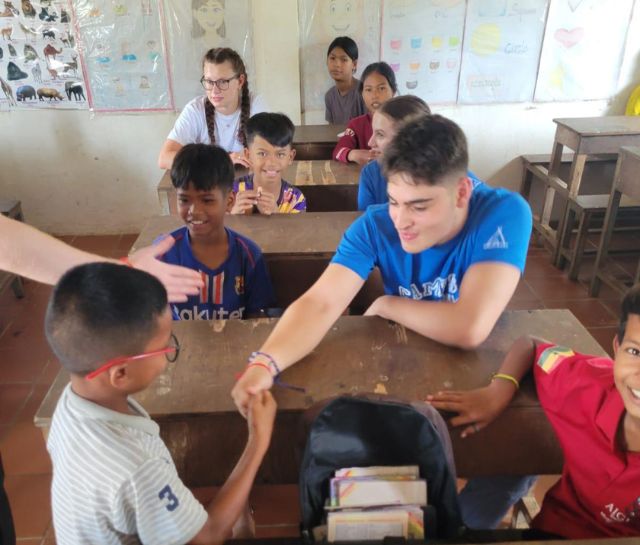 |
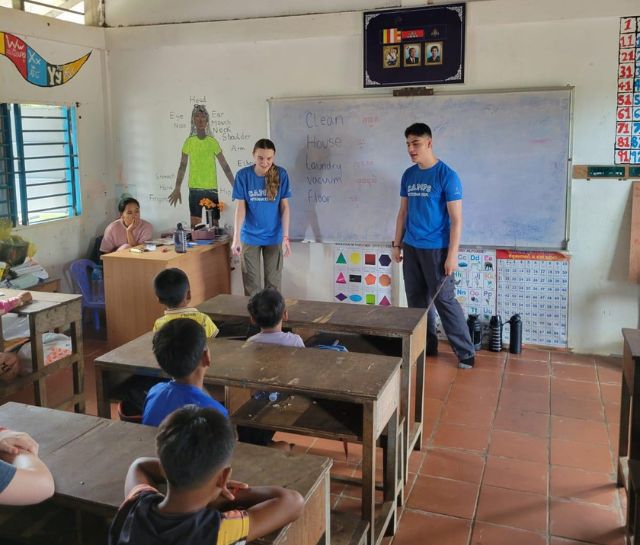 | 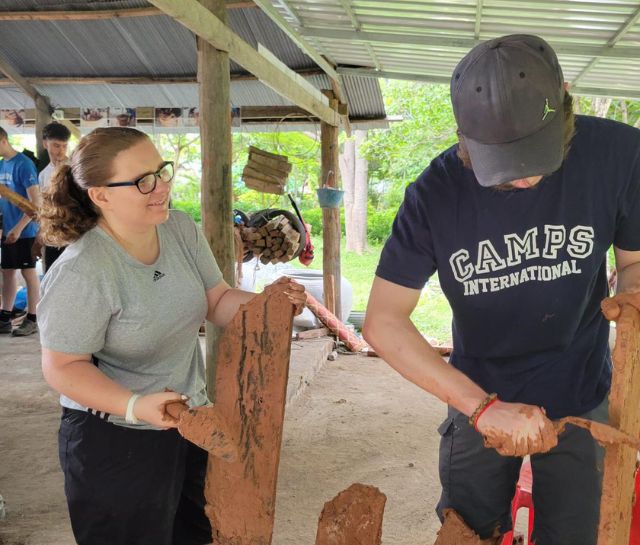 |

 Website By Rejuvenate Digital
Website By Rejuvenate Digital